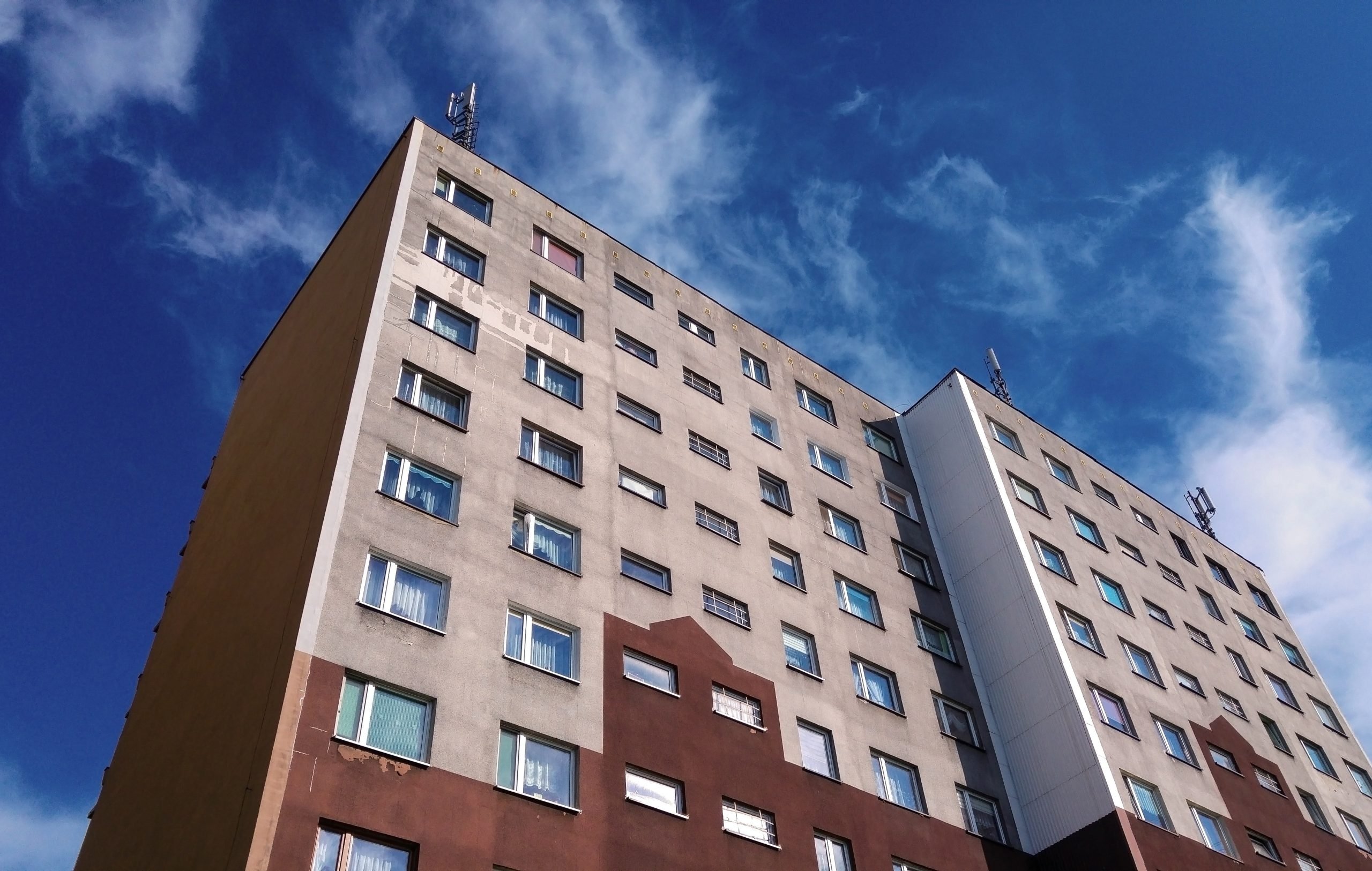
Even the extremely popular subsidized baby support loan with favorable conditions has seen a drop in demand.Continue reading

The Hungarian second-hand housing market has undergone an unprecedented turnaround, with sellers having to wait longer for buyers. Moreover, according to market players, demand is 20-50 percent lower month by month than last year, as reported by Világgazdaság, a Hungarian economic news site.
Housing prices in Hungary have risen sharply recently, especially in the capital, where the price of a second-hand apartment can reach HUF 1 million (EUR 2,500) per square meter. At present, there is a strong demand for apartments with a smaller floor area, and the heating system is a very important consideration for buyers in the light of the energy crisis and drastically increased energy prices.
However, the steady rise may be over now, as a Hungarian real estate agency, GDN Ingatlanhálózat has reported a sharp drop in demand since May, the company’s founding owner told Világgazdaság. As Zoltán Gadanecz said, only about 135,000 properties are expected to be sold this year, up from 175,000 last year.
According to the expert,
the most important criteria for buyers now is how the property is run, how it is heated and how high the overheads are.
Preference is being given to concrete panel houses, where central heating is still available at a reduced price, so the high heating prices will not affect these apartments for the time being. However, it is known that these buildings are largely outdated and expensive to run, and any measures to increase utility costs will have a significant downward effect.
In the future, we can expect to see an increase in the supply of housing for sale and rent. This is due to the fact that owners will be forced to step up costs and many vacant, under-utilized properties may be put up for sale. These are mainly multifamily apartments where heating cannot be individually controlled or where common charges are rising due to rising expenses.
As pointed out in the Világgazdaság article, a feature of the housing market is that prices fall more slowly than they rise. A shortage of demand of at least half a year usually preludes the reducing of prices by sellers, while everyone reacts to an increase in demand within 2-3 months.
As the time to sell a property, and with it the possibility of a bargain has been increasing since May, the quiet price decline has begun.
This is due to a combination of a deteriorating economic environment, higher mortgage rates and fears about making ends meet.
However, new-build properties do not seem to be affected by the price decline, with new apartments in Budapest still rarely priced below HUF 1.1 million (EUR 2,740) per square meter. In fact, the typical price in the capital has risen to 1.3 million (EUR 3,240) per square meter. And no one can build cheaper than that, according to the expert, as labor and material costs have risen.
Featured photo via Pexels